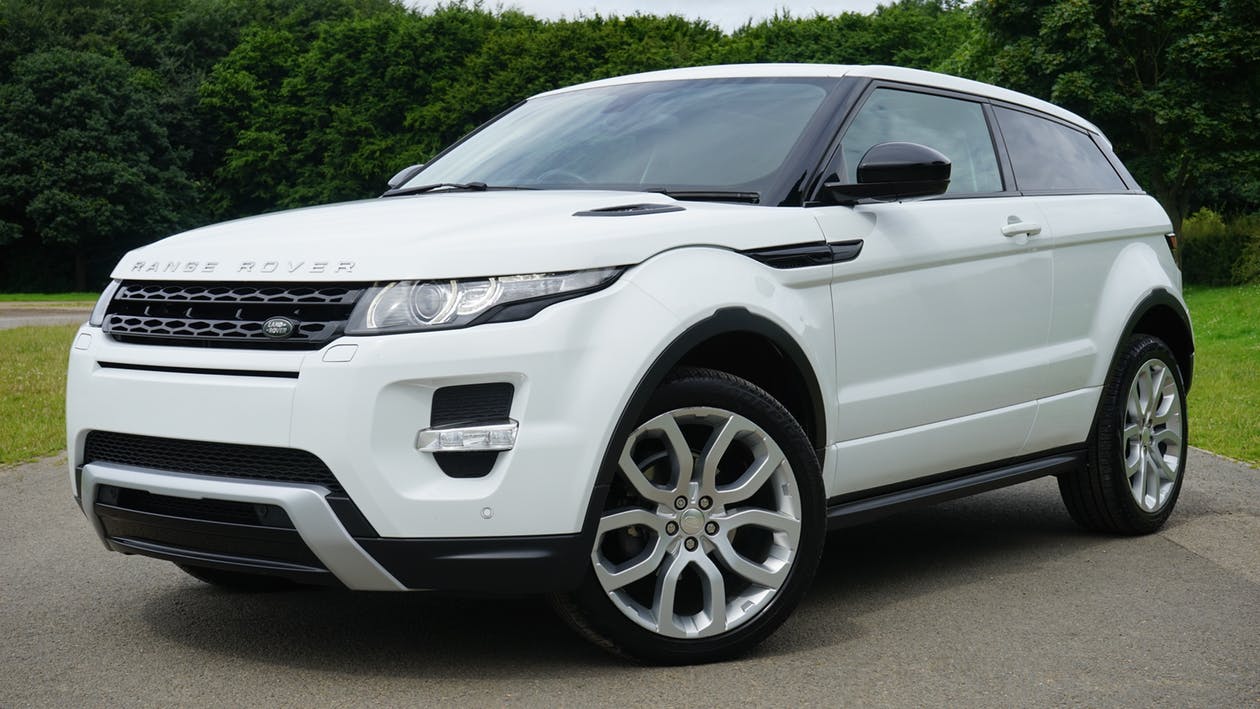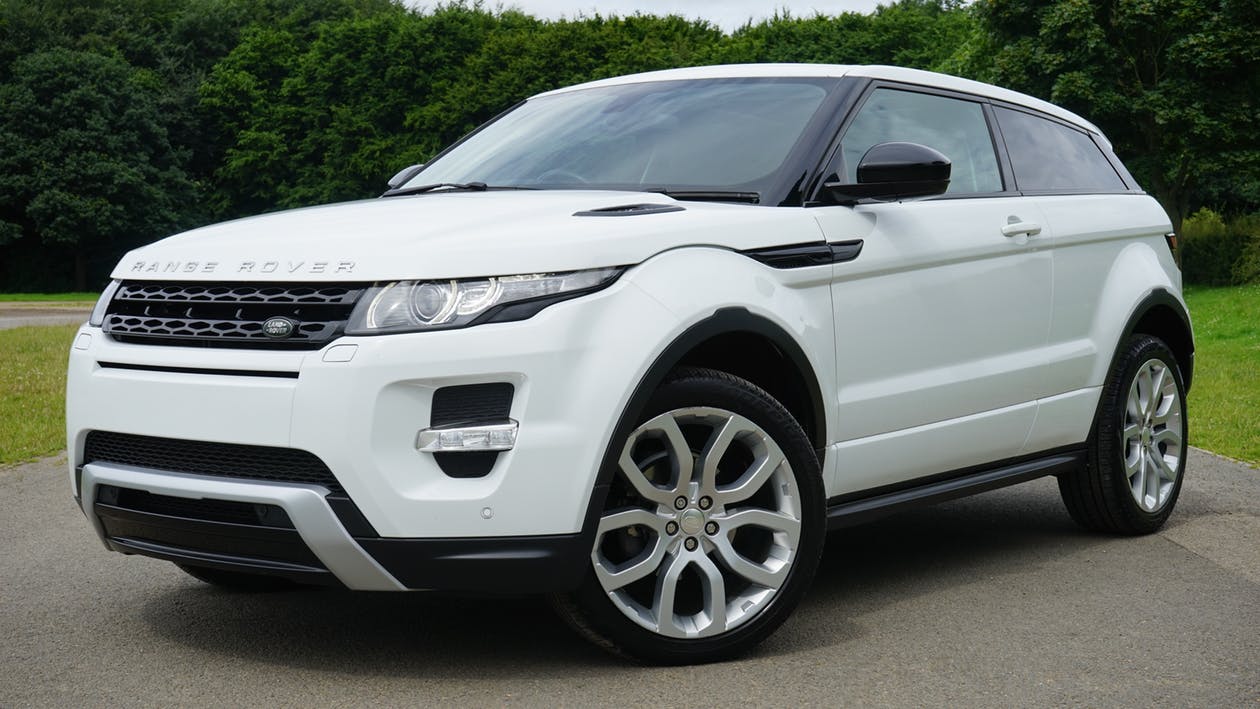Carmaker follows Volvo in spelling an end for petrol or diesel-only cars, despite not making any electric vehicles at present.

Jaguar Land Rover has become the latest large carmaker to say it will stop launching new models solely powered by internal combustion engines, two months after Volvo pledged to do so.
The UK-based manufacturer promised that all new models from 2020 will be fully electric or hybrid, a year later than Volvo’s target, but a big step beyond its unveiling last November of a single electric concept car.
The plan comes after the Scottish government said it would phase out the need for petrol and diesel cars by 2032, eight years earlier than the UK and French targets of banning sales of new cars with internal combustion engines.
Dr Ralf Speth, JLR’s chief executive, said: “Every new Jaguar Land Rover model line will be electrified from 2020, giving our customers even more choice.”
But Speth also warned of the unintended consequences of the electrification of cars and arrival of autonomous vehicles. The UK’s 250,000-plus lorry drivers are at risk from driverless technology, with knock-on effects for the UK’s social fabric, he said.
“In the UK, there are currently more than a quarter of a million lorry drivers. What happens to our society if these lose their jobs? Who pays for them? What happens to the social fabric of the country?”
Furthermore, electric cars’ impact on petrol and diesel demand could hurt oil-producing nations, Speth said. “Many could be forced to impose substantial spending cuts within the next five years, straining living standards and so creating unrest in areas already suffering from instability,” he added.
Protecting privacy in an era of self-driving cars would also be vital, he said. “The very technology that could liberate us, autonomous vehicles, could become a method of insecurity and enslavement … Big freedoms could end up creating the big brother state.”
While Speth has said he sees battery-powered cars as a way to grow its global workforce of 40,000, the high emissions of the carmaker’s petrol and diesel vehicles mean it has to go electric to meet stringent new European carbon targets.
Average CO2 emissions from JLR cars were 164g (5.8oz) per kilometre in 2015, well above the UK average of 121.4g. More importantly, they are a long way from the 95g target a manufacturer must hit by 2021.
Source: The Guardian



